The Toyota Prius uses a parallel hybrid car and is unique in the sense that you can drive it on electric power when running out of gasoline. However, there are some Toyota Prius transmission problems you shoul keep a close eye on if you are thinking of spending money on a brand-new one!
Common Prius Transmission Problems
The hybrid shifter can face plenty of problems but we’ve scoured through the forums to find out the issues exclusive to Prius. The Toyota Prius transmission problems that have been mentioned frequently are:
Failure of the transmission before the time
Premature transmission failure is not only annoying but also expensive. Replacing or rebuilding it is going to cost a fortune.
One possible reason could be not changing the transmission fluid according to the manufacturer’s recommendation. You should change it at least every 30,000 miles to prolong the shifter’s life.
There is a small square-shaped pan on the bottom of the transmission. Remove it every time during an oil change to allow more fluid to drain.
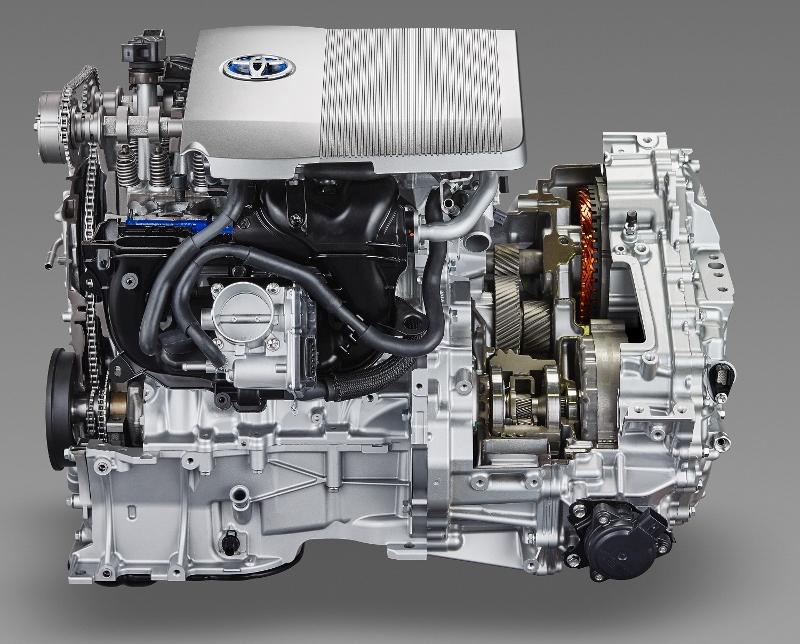
The transmission stops working suddenly
Suppose you are driving on a hilly road and the transmission suddenly stops working! You can’t put the gear in any mode and have to use the emergency brakes to park the car in a safe place.
It is downright scary and will leave anyone with a traumatic experience. It could happen in cars that have less than 100,000 miles on them and have been regularly maintained and serviced.
This scary problem can be the result of a bounded R axle that damages the transmission’s sleeve. It’s a rare complication and an expensive one.
SEE MORE
- Know about Common Honda CVT Transmission Issues
- The Hybrid War Between Honda Insight vs Toyota Prius
Engine response is slow
It’s one of the common Prius transmission problems related to the models having a CVT shifter. The issue causes the engine to rev when you press the gas from a stop but the response is sluggish.
It almost feels like a slipping clutch because the Prius shifter does not have any clutch, fluid coupling, or torque converter.
What causes this hiccup? It happens due to the computer system commanding the ICE (engine) to drive faster in situations where increased torque is necessary.
The same issue could occur in extremely cold weather – something between minus 15 to 45 degrees. In that case, warming up the fluid for five minutes will solve it. However, it will affect the fuel economy.

>> Finding a cheap used car in good condition here <<
A whining noise
A noisy engine is one of the annoying Prius transmission problems. The whining will increase with the speed escalation.
It could be the aftermath of a failed transaxle but this component is durable and is unlikely to break or wear out before 100,000 miles or unless you beat up the car.
A failed wheel bearing could also be the reason, which you can fix at less than $500. However, be ready to write a cheque for around $5,000 if it is the transaxle.
Transmission fluid leak
Transmission fluid leaks are a typical problem with the Prius. It is essential to transmission functioning because it provides the required lubrication for the various components to work correctly.
When there is a leak, the transmission may not work effectively, resulting in a number of issues. Damage to the transmission pan is one possible reason for transmission fluid leaks in the Prius.
The pan can be destroyed by striking road debris or by going over a curb. Furthermore, overtightening the pan bolts during service might cause damage and leaks.
A damaged transmission seal is another possible source of transmission fluid leakage. The seal is in charge of keeping fluid from leaking out of the gearbox.
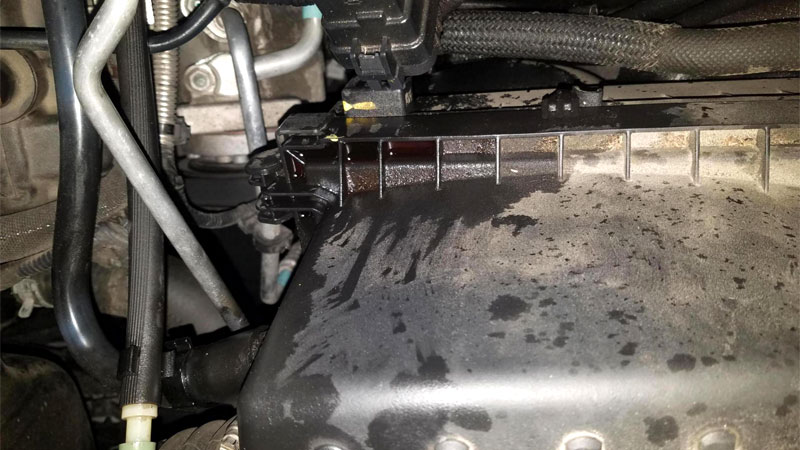
Transmission fluid leaks in the Prius must be addressed as quickly as possible to prevent further transmission damage.
Low fluid levels, if left unchecked, can cause excessive wear and tear on the transmission, resulting in costly repairs or even transmission failure.
If you suspect a transmission fluid leak in your Prius, get the car examined by a Toyota-certified mechanic. They can locate the source of the leak and repair it to avoid future damage.
CVT belts issue
The continuously variable transmission (CVT) belt is one of the most prevalent transmission problems with the Toyota Prius.
The CVT belt is in charge of delivering power from the engine to the wheels, and it can get worn or damaged over time. A CVT problem might cause a significant reduction in acceleration or difficulties shifting gears.
When traveling at low speeds, the CVT belt might generate a whining or grinding noise in some circumstances.
To avoid CVT belt problems, get your Prius serviced on a regular basis, including checking the transmission fluid levels and replacing the CVT belt as needed.
Toyota suggests changing the CVT belt every 100,000 miles or sooner if you observe any signs of wear or damage.
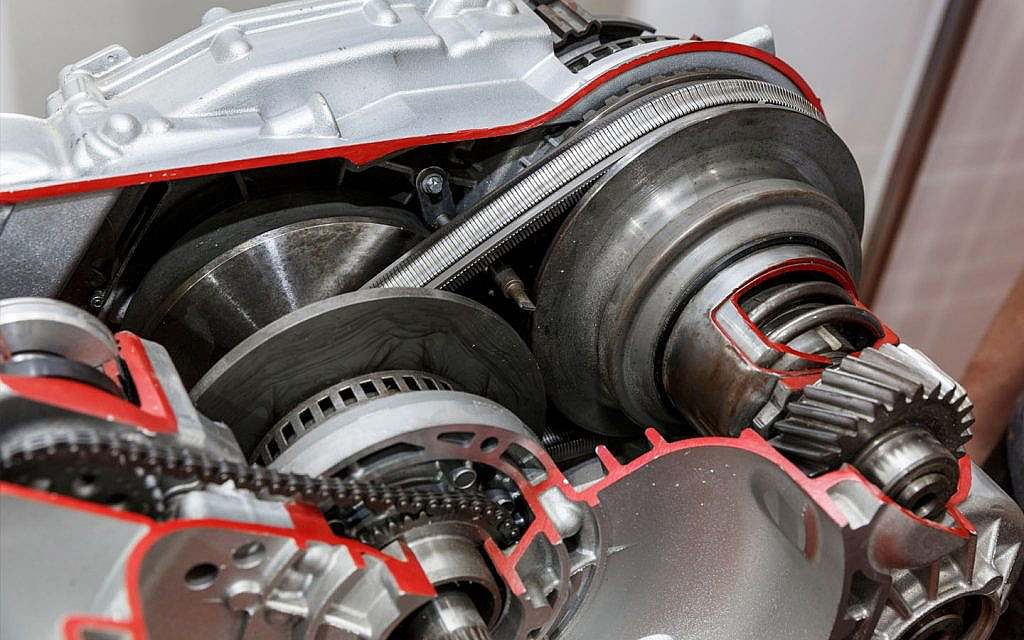
Transmissions software updates
Since its launch, the Toyota Prius has been a popular hybrid vehicle, but it has not been without its share of issues. One issue that some Prius owners have experienced is with the vehicle’s gearbox software.
Some drivers have complained that their vehicles encounter unexpected acceleration or trouble shifting gears, which can be dangerous.
Toyota has published a series of technical service bulletins (TSBs) concerning gearbox software faults, and some Prius cars have been recalled to fix these concerns.
To address these difficulties, Toyota has published software upgrades, and many Prius owners have experienced improved performance and dependability after installing the patches.
Toyota has been aggressive in resolving concerns with the gearbox software in the Prius, issuing a series of recalls and TSBs to solve these issues.

How To Take Good Care of Your Toyota Prius
Here are 5 warnings drivers should keep in mind to maintain and protect your Toyota Prius for a high-quality period of service.
Check engine oil level
The Toyota Prius, as remarkable as it is, has a flaw when pushed to its limits.
The Toyota Prius is an economy automobile, which might lead owners to believe that everything about a Prius should be cheap. But that’s not it!
While a Prius is undeniably a tough car, buying substandard items such as engine oil might lead to further issues.
The use of low-grade oil that breaks down fast by Prius owners is a major issue. The deposits that are left behind end up in the piston ring lands and other areas of the engine.
Prius will then begin to consume engine oil. If the owner is not aware of this, the engine may run out of oil, resulting in complete engine failure.
Cleaning hybrid cooling fan
Hair, dirt, and other debris may get inside your hybrid cooling fan and drastically restrict the amount of airflow it receives. You will not only prevent your batteries from failing early, but you will also avoid avoidable breakdowns.
It is critical for the owner to examine the fan or have it serviced on a regular basis to ensure that it is clean and operational.
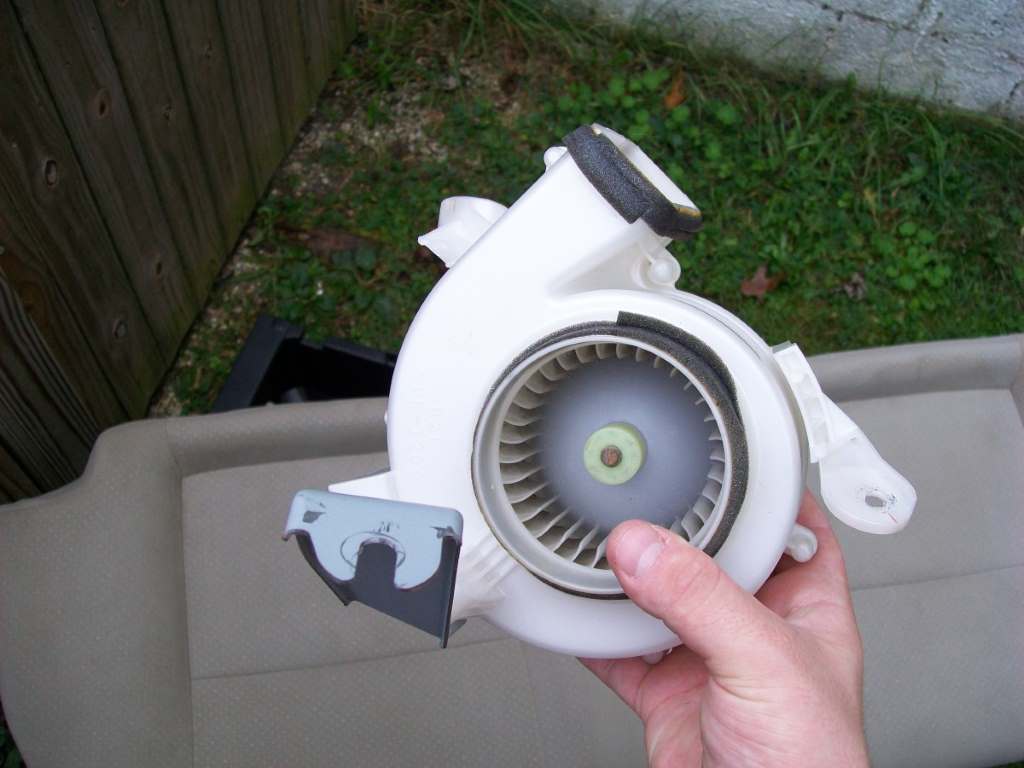
Replace the Transmission fluid
The Toyota Prius does not have a standard gearbox like any other automobile. It is a one-of-a-kind transmission that employs two motor generators.
The disadvantage is that Toyota refers to the transmission fluid as a “lifetime” fluid that “does not need to be changed.” This is completely incorrect.
While the fluid is rather resilient, it still need to be replaced. It is prone to failure and may result in shorting issues.
This problem has existed since the first generation Prius. That is one of the reasons Toyota switched from Type T-IV fluid to the new WS fluid.
It is certainly worth it to change your fluid every 60 to 90k miles. You can do it yourself for roughly $60 and purchase the OE parts from your local dealer.
Change the filters
The engine air filter is quite important. Keeping all dirt out of your engine will not only extend its life but will also save wasted gasoline.
A clean filter will help keep debris away from the MAF sensor. Consider this: maintaining your fuel trims at optimal performance will help you save money on your Prius.
The aim is to replace your engine’s air filter. The OE one from the dealer should last you about 30,000 miles depending on driving conditions.
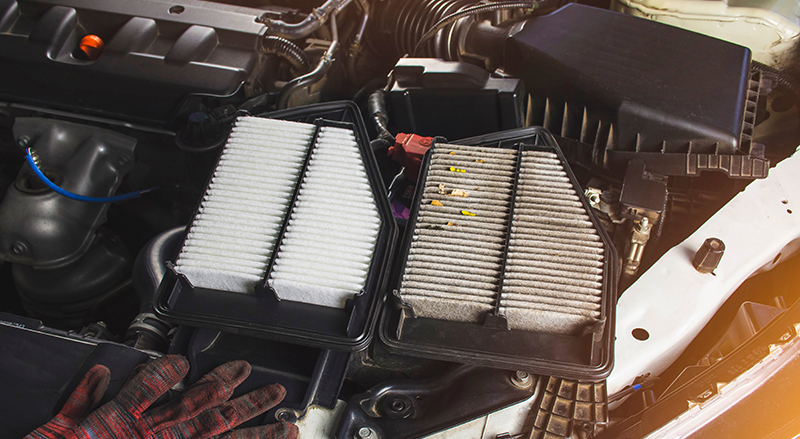
Maintain the cleanliness of the coolant
Toyota’s extra long life coolant is built with longer drain intervals in mind. That doesn’t mean you can ignore it.
Coolant, like transmission fluid, is a non-conductive fluid. It has a life span as well. However, if you want to prevent pricey flushes, do a periodic drain and fill every 30 to 60,000 miles.
Numerous things can happen when coolant ages. Electrolysis is a chemical process that occurs between metals and results in erosion.
This implies that all of the additives in the coolant degrade. When this happens, all kinds of problems might emerge. Head gaskets, water pumps, and, really, anything else the coolant contacts that are metal can fail.
Always change your coolant on a regular basis to keep your car system healthy.
Final Words
It is not easy to predict and track which Prius transmission problems will occur at any time because that’s not in our control. However, we drivers can always be aware of how we use and service our cars to keep them on the road longer.
For more car maintenance tips, follow Car From Japan today.




I cannot unlock my Prius – I used the key which set off the alarm. I then put the fob into the slot but the alarm kept on sounding and the engine wouldn’t respond. How can I fix this problem?
Your Key Fob battery may be failing. CR2032 is what you will need, and a small Phillips head screwdriver. Use the same lever you use to remove the key to remove the backing, then remove and replace battery. A quick test to see if that is the issue is to press either the lock or unlock button on your FOB, there should be a red light that flickers towards the top right of the key. If you do not see the light, the battery is most likely dead.
My daughter 2013 NIsse=an Rogue stopped going forward on 6 lane highway. After towing found the transmission was bad. 165,000 miles.. No recalls but a lot of complaints regarding the frequent replacement for this transmission. Does she have any recourse?